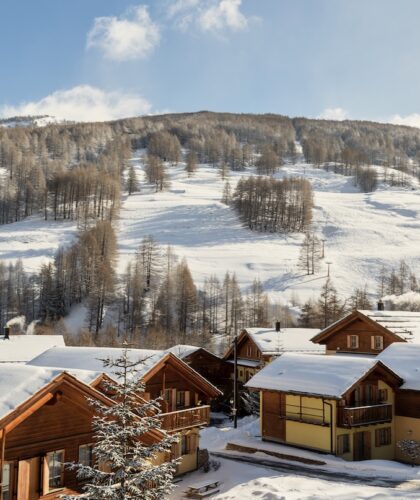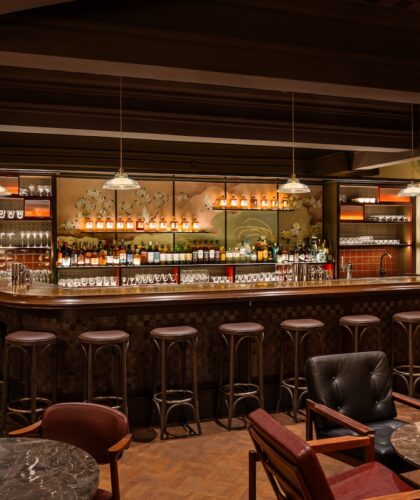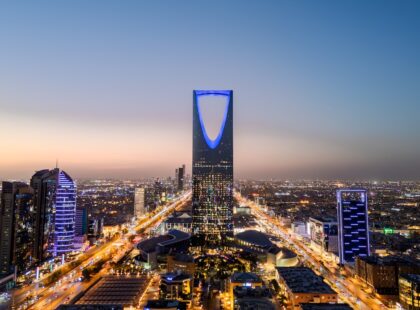Berlin and Munich may be just a few hours apart, but in the kitchen, they’re worlds away.
In Berlin, a city known for rule-breaking creativity, René Frank has built a two Michelin-starred tasting menu entirely out of desserts. Down south in Munich, Tohru Nakamura blends his Japanese heritage and Bavarian upbringing into a cuisine built on precision and personal storytelling.
Their dishes couldn’t be more different, but both chefs are redefining what it means to cook with a sense of place in modern Germany.
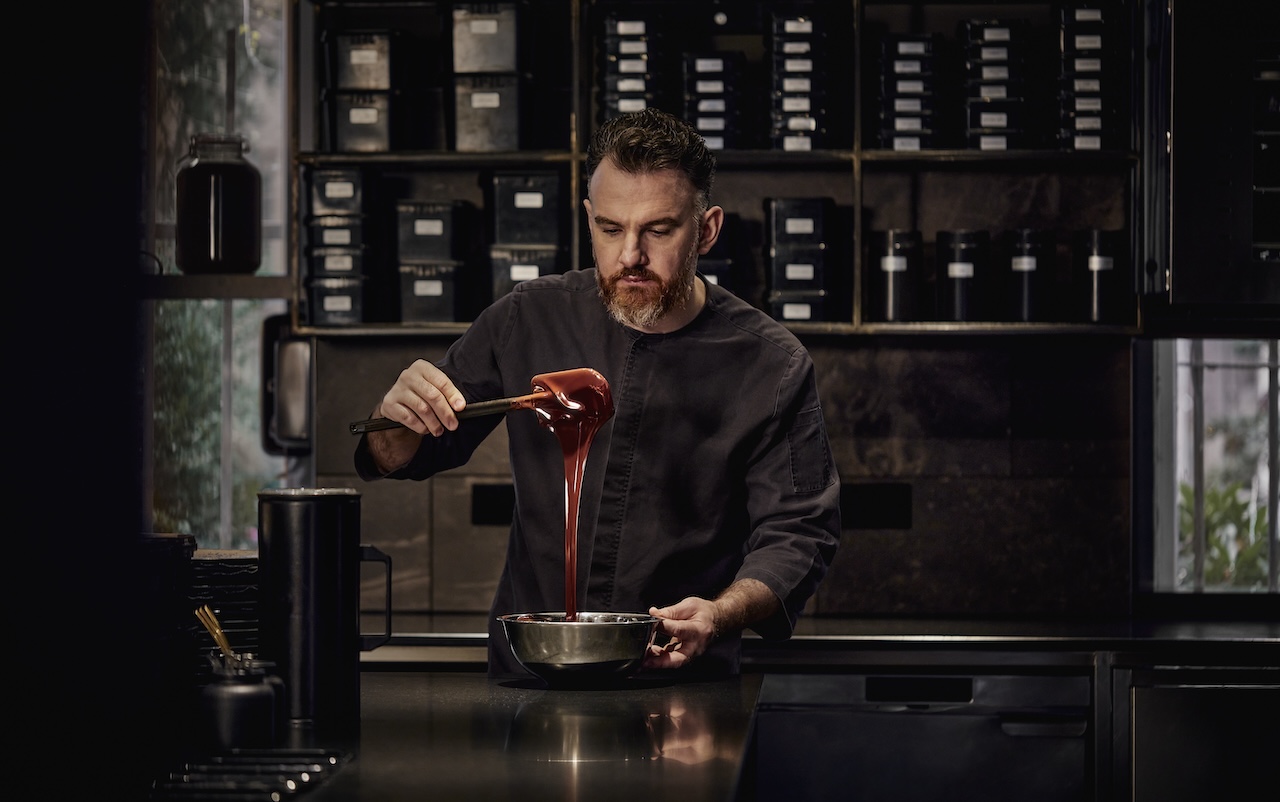
Coda doesn’t announce itself with fanfare. Housed in a ground-floor space nestled between Altbau (“old building”) façades and graffiti-tagged doorways, it sits discreetly in Neukölln, a district known for its cultural mix and creative energy.
Inside, the scene shifts from edgy and eclectic to warm and refined. In an open kitchen built around low-lit tables and bar seating, Frank’s team turns ingredients like gherkins, golden beets and bone marrow into eye-opening desserts – a description that may be apt but still doesn’t do it justice.
Coda’s menu moves from savoury to sweet and back again, drawing on fermentation, acidity and umami as much as sweetness. In fact, there’s no added sugar in any of the dishes. Think caviar popsicles with Jerusalem artichoke ice cream, grilled apple with shallot and chicken skin, and raclette waffles.
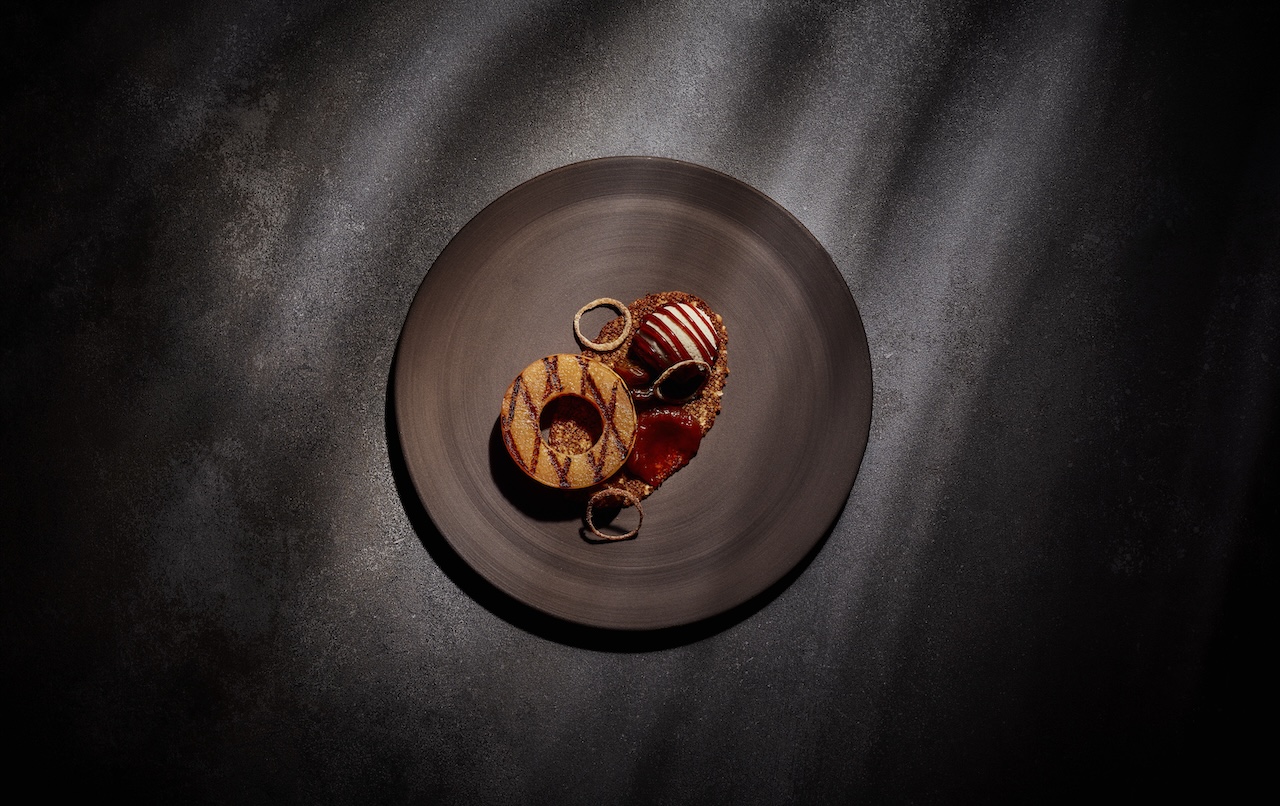
That kind of concept might have struggled elsewhere, but not in Berlin.
“I couldn’t do what I’m doing anywhere else,” says Frank. “Berlin is a symbol of freedom. If you have an idea, you just try it. And if you fail, nobody says, ‘you’re out of here.’”
When Coda opened in 2016, however, the idea of a dessert-only restaurant was so unconventional that Frank knew he had to aim higher to be taken seriously. “It was really necessary to get a Michelin star,” he says. “We introduced a full dinner menu. That helped people understand the idea.”
The stars followed – the first in 2019, the second in 2020 – along with accolades like World’s Best Pastry Chef from The World’s 50 Best Restaurants and The Best Chef Awards. But even as Coda rose to global prominence, Berlin itself was starting to shift. 2020 marked a turning point.
“Before the pandemic, Berlin’s gastronomic scene was booming,” he says. “Then it all stopped, and the city slowed down.”
As fine dining chefs adapted their menus for takeaway and restaurant windows started selling sourdough sandwiches and sweets to-go, Berliners developed a stronger appreciation for simplicity, sourcing and the small details.
“Berliners became more aware of good produce,” says Frank. “It used to be that people went to high-end restaurants for quality. Now even in bakeries, cafés and ice cream shops, you see young chefs using organic ingredients, working with local milk.”
That growing appetite for quality without pretension is helping to reshape Berlin. Casual restaurants with Michelin-trained chefs now offer fine-dining polish without the formality.
“Tasting menus were still a big thing 10 years ago. Now, people are moving away from that,” he says, adding that might include him, too. Moving forward, Frank hopes to open a casual dessert bar: “Something accessible; just good dessert people can share.”
In a city once lovingly called “poor but sexy” by its mayor, Frank’s cooking reflects what Berlin has become – still bold and unconventional but now driven by a new purpose.
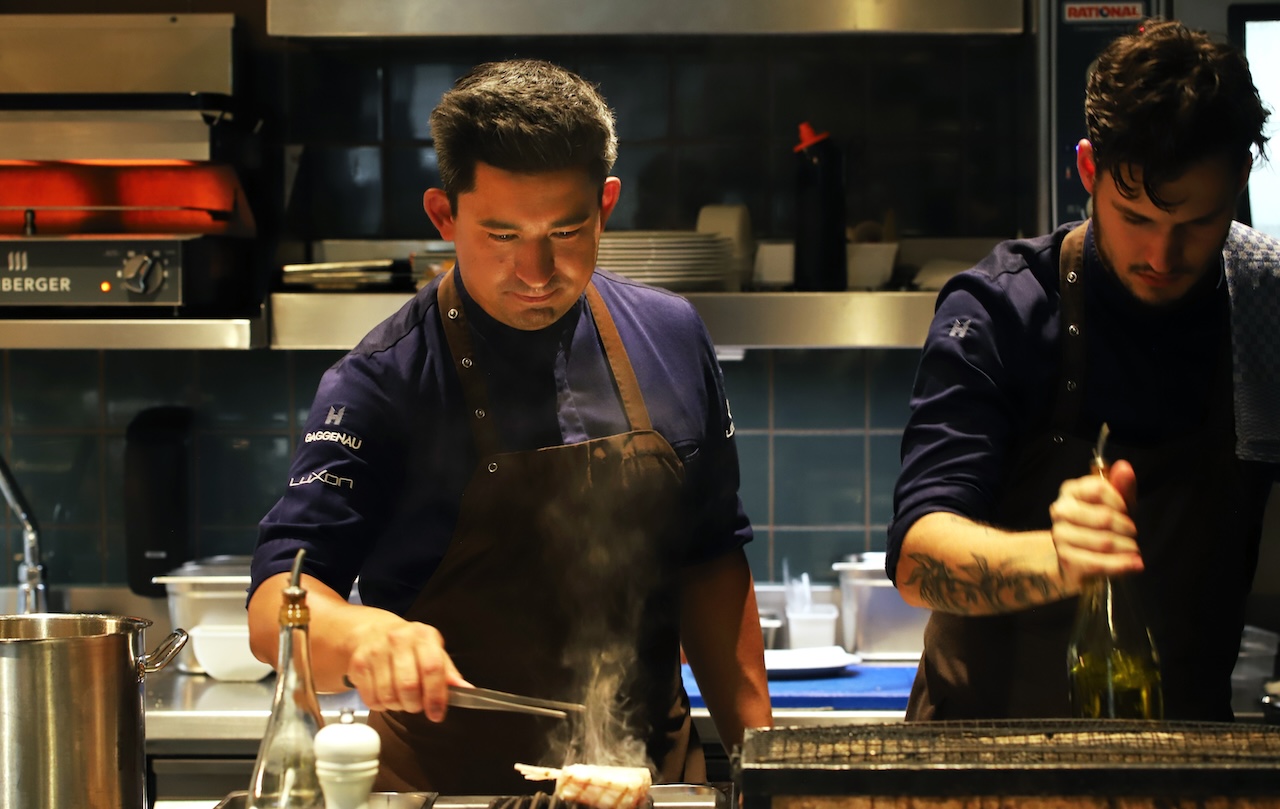
If Berlin is all grit and edge, Munich offers a more measured backdrop – and Nakamura’s restaurant embodies that clearly. Set in a 16th-century townhouse, Tohru in der Schreiberei – newly minted with three Michelin stars – serves dishes shaped by memory, identity and technique.
His cuisine doesn’t play on Bavarian clichés. Don’t expect pork knuckle or pretzels, but rather veal sweetbread cooked like karaage, lightly grilled oysters with buckwheat and mussel jus and pollock topped with morels, pickled spruce shoots and Macvin sauce.
“One of the most important things about Munich is that it allows me to express diversity,” Nakamura says. “Many of my guests are locals who come back every month. They aren’t dining in Paris tonight and London tomorrow. They just care about good food and products.”
That loyalty has made Munich a stronghold for quality even beyond fine dining. In recent years, Nakamura has seen a shift in how even traditional Bavarian restaurants approach food. “It used to be that if you were in the city centre, tourists would come no matter what,” he says. “Now, even the big places are focused on quality.”
That change has come partly from locals demanding more and a new generation of chefs continuing family legacies while introducing new ideas. “Young people want to eat in these places again,” he says. “That’s a good thing.”
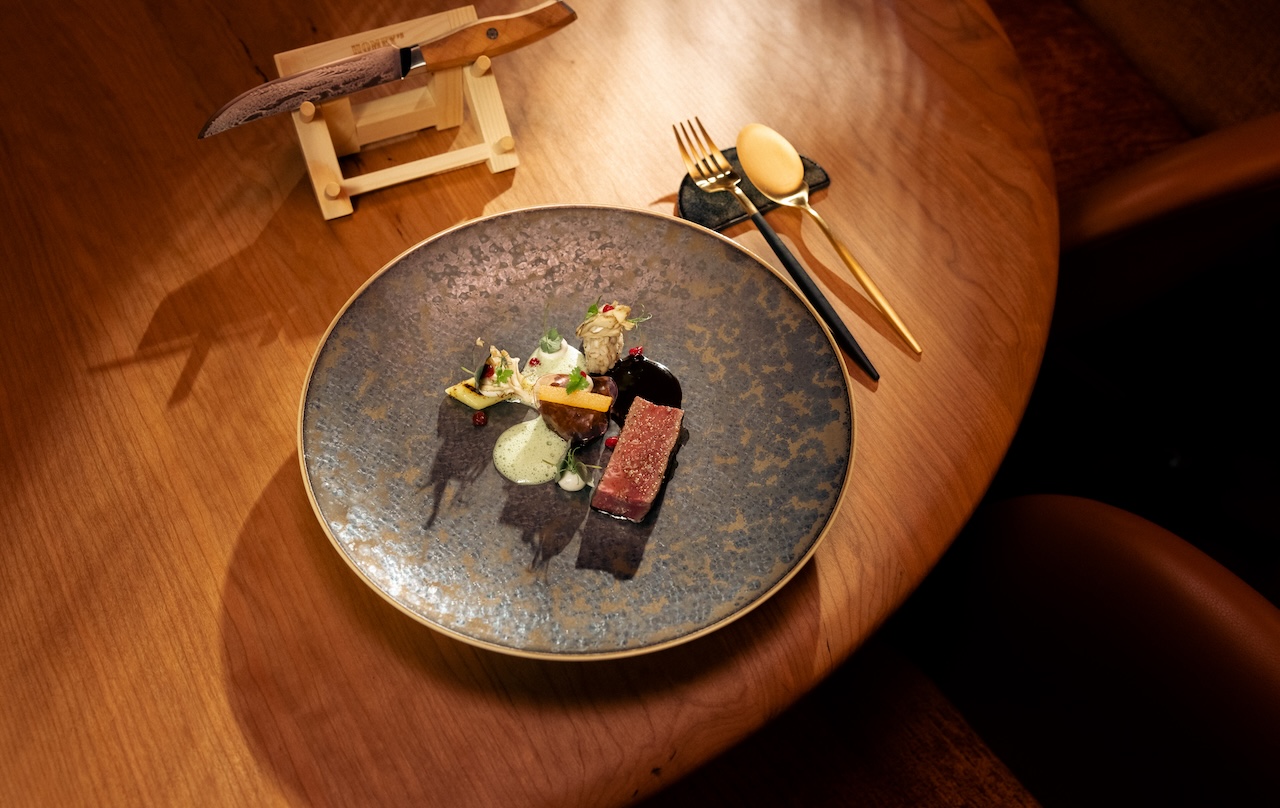
It’s a shift Nakamura is both witnessing and helping to shape.
Born in Munich to a Japanese father and German mother, Nakamura might have become a diplomat if it weren’t for his unshakeable passion for food. Once, he says, his father brought him to an embassy function to network with diplomats, but he found Nakamura shadowing chefs in the kitchen instead. Now, he’s a culinary ambassador of sorts.
After training across Germany and abroad, Nakamura returned home to work at the prestigious Werneckhof by Geisel. When he struck out on his own in 2020, he knew his restaurant had to be in Munich, too.
“I was always looking forward to coming back to cook in my hometown,” he says.
For him, it’s all about the community. He sources mushrooms from vendors at the Viktualienmarkt nearby, and some of his staff have worked with him for 10 years.
“What I like about our restaurant is that we have real people connected to the city,” he says.
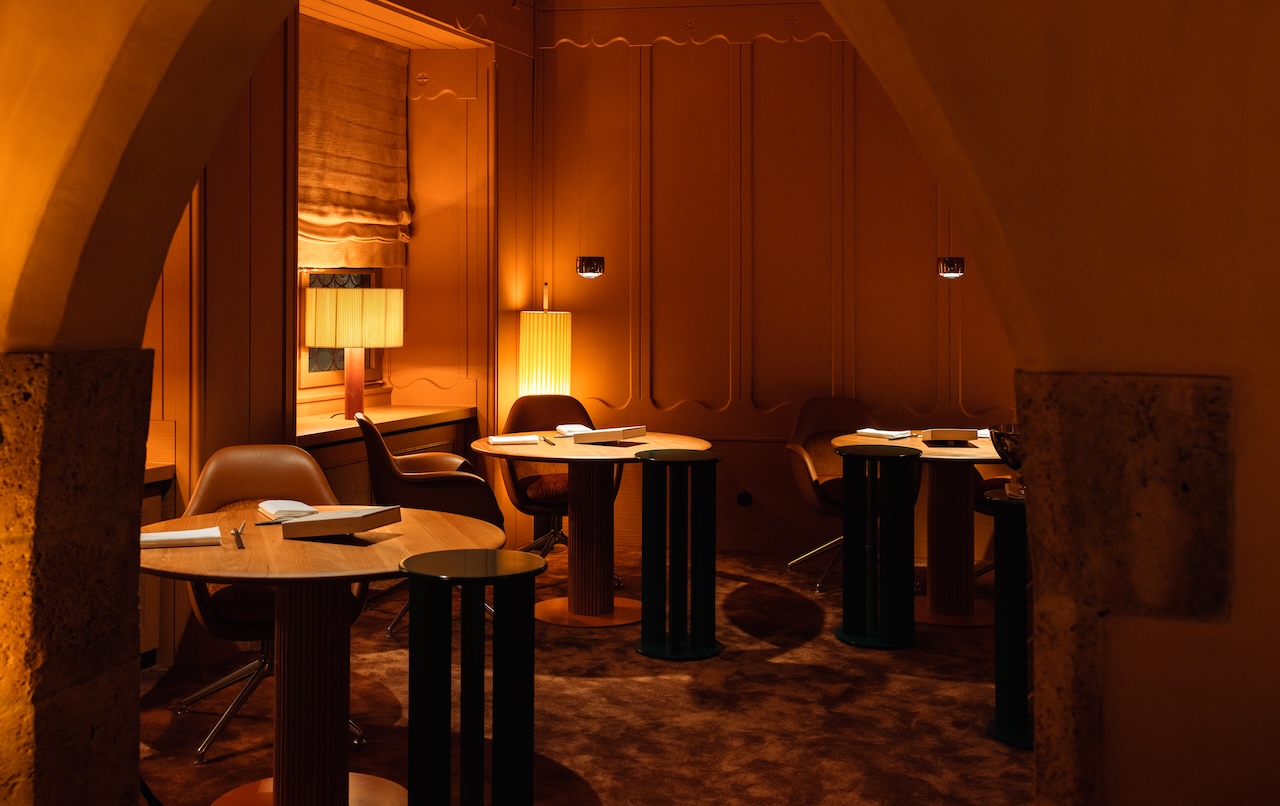
But Nakamura’s kitchen also mirrors Munich’s evolution. Some of his chefs and service staff hail from Slovenia, South Tyrol and Thailand and speak a mix of languages.
“It used to be all German chefs [in Munich]. Now, most restaurants speak English in the kitchen because our teams are so international,” he says.
For Nakamura, that diversity isn’t incidental – it’s core to hospitality. “We want people to feel relaxed,” he says. “It’s not just about what’s on the plate. It’s the dialogue you have.”
That openness gives him the freedom to cook without labels. “I never ask myself whether it’s more Japanese or more German,” he says. “I just feel like me.”
It’s a mindset that represents what Munich is today: a city where the food is rooted in tradition but always moving forward.
For more information on Singapore Airlines’ flights to Germany, visit singaporeair.com.


